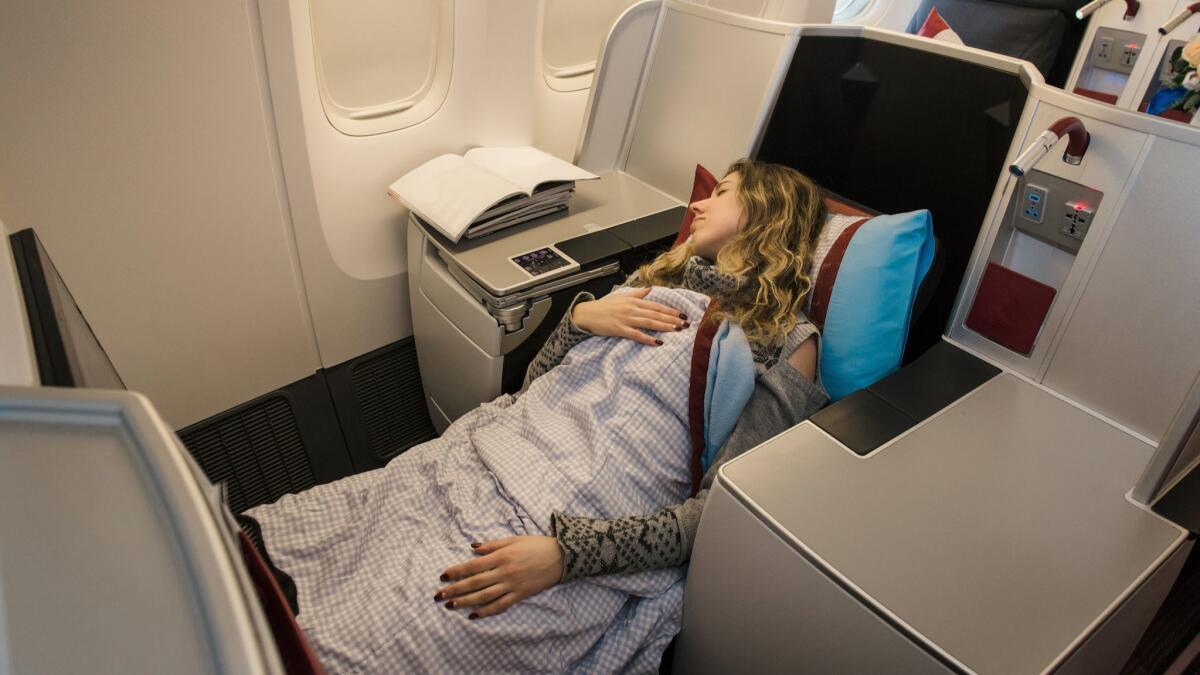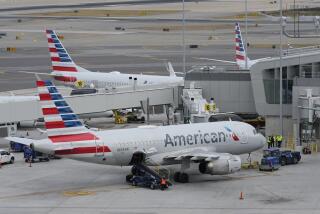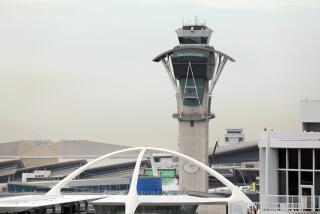But why can’t you sit in that empty premium-class seat? Maybe because it’s stealing

You’ve just plopped down in your assigned main-cabin center seat and are sandwiched between two burly passengers. The boarding process is now complete. Every main-cabin seat is occupied.
In business class, just a stone’s throw away, several unoccupied seats catch your eye. These premium seats are throne-like. Their 180-degree recline function would turn your 10-hour flight into a pleasurable experience.
You vacate your assigned seat, sneak into the business-class cabin and, unnown to flight attendants gathered in the galley, sit down and claim a premium seat as your own.
Good for you, right?
Wrong.
Before departure, airline gate agents provide the lead flight attendant with final paperwork that includes a complete passenger count along with seat assignments. Every flight attendant at my airline is required to carry a company-issued electronic tablet that uploads color-coded seating charts for every flight.
We know which seats are supposed to be occupied — as well as the name of each occupant — making it easy to detect seating infractions.
Airline policy requires flight attendants to challenge premium-class interlopers. We’re told to politely ask these uninvited guests to present their boarding passes. If their assigned seat is in the main cabin, we’ll quietly ask them to move.
If the passenger refuses, he or she can be removed from the flight — by security personnel, if necessary.
If the occupancy occurs after takeoff and the passenger remains seated in the premium cabin for the rest of the flight, he or she has essentially stolen from the airline. That person can be required to pay the airline the price of a full-fare premium seat.
What’s all this fuss about an unoccupied premium-class seat? First-class airfares are outrageously expensive. For instance, a recent internet search of nonstop, round-trip flights from Los Angeles to London revealed main-cabin fares of around $800. The price of a first-class ticket was more than $9,500.
Imagine you’ve paid $9,500 for a first-class flight to London. (Or you’re a high-tier member of the airline’s frequent-flier program who used hard-earned mileage points to secure a first-class upgrade.) There’s an unoccupied first-class seat next to you. After takeoff, a passenger who paid $800 for a main-cabin seat decides to sit in the empty first-class seat.
You would be unhappy. And rightfully so.
By my unofficial estimate, for every 10 flights that take off with unoccupied premium-cabin seats, perhaps two or three of those flights involve a main-cabin passenger trying to sit in a premium seat.
When a flight attendant approaches an interloper, many explain their actions by saying, “Oh, I thought this was my seat” or “This seat was empty, and I didn’t think you’d mind if I sat here” or “I always fly business class.”
We shake our heads and smile. Ultimately, they’ll gather their belongings — displaying varying levels of embarrassment — and retreat to their assigned seats in coach.
The most brazen example occurred a couple of years ago on a flight from Miami to São Paulo, Brazil. When checking in at the departure gate, a young woman said it was her birthday and she had a bad back. Would the agent be kind enough to give her a business-class upgrade?
The gate agent said she couldn’t give arbitrary upgrades. The woman persisted and the agent, now busy with other passengers, flat out told her no. (I know this because the gate agent came on the plane and warned the crew about her.)
Upon entering the aircraft, the same woman approached a flight attendant and played the birthday card. She also mentioned her bad back. Might she therefore have a business-class upgrade? Again, the woman was told no, not only because flight attendants don’t have upgrade authority but also because if she were granted an upgrade, every passenger would be entitled to one.
She approached the lead flight attendant with the same upgrade request. Once more, the request was denied.
The woman reluctantly sat in her assigned main-cabin seat, which was three or four rows from the rear of the aircraft. After the dinner service, I noticed she got up and entered the lavatory. When the woman emerged, she stretched her legs for a while.
Instead of returning to her seat, she suddenly bolted up the right-side aisle of the Boeing 777. In cool pursuit, I strolled up the left-hand aisle, knowing she was heading for one of the unoccupied business-class seats.
I found her seconds later. She had already buried herself beneath a blanket in a business-class seat, pretending to be asleep.
“It’s my birthday,” she said, after I challenged her. “And—”
“And you have a bad back,” I replied.
Together, we walked silently back to the main cabin.
Hester is a flight attendant with more than three decades of experience.
More to Read
Sign up for The Wild
We’ll help you find the best places to hike, bike and run, as well as the perfect silent spots for meditation and yoga.
You may occasionally receive promotional content from the Los Angeles Times.






